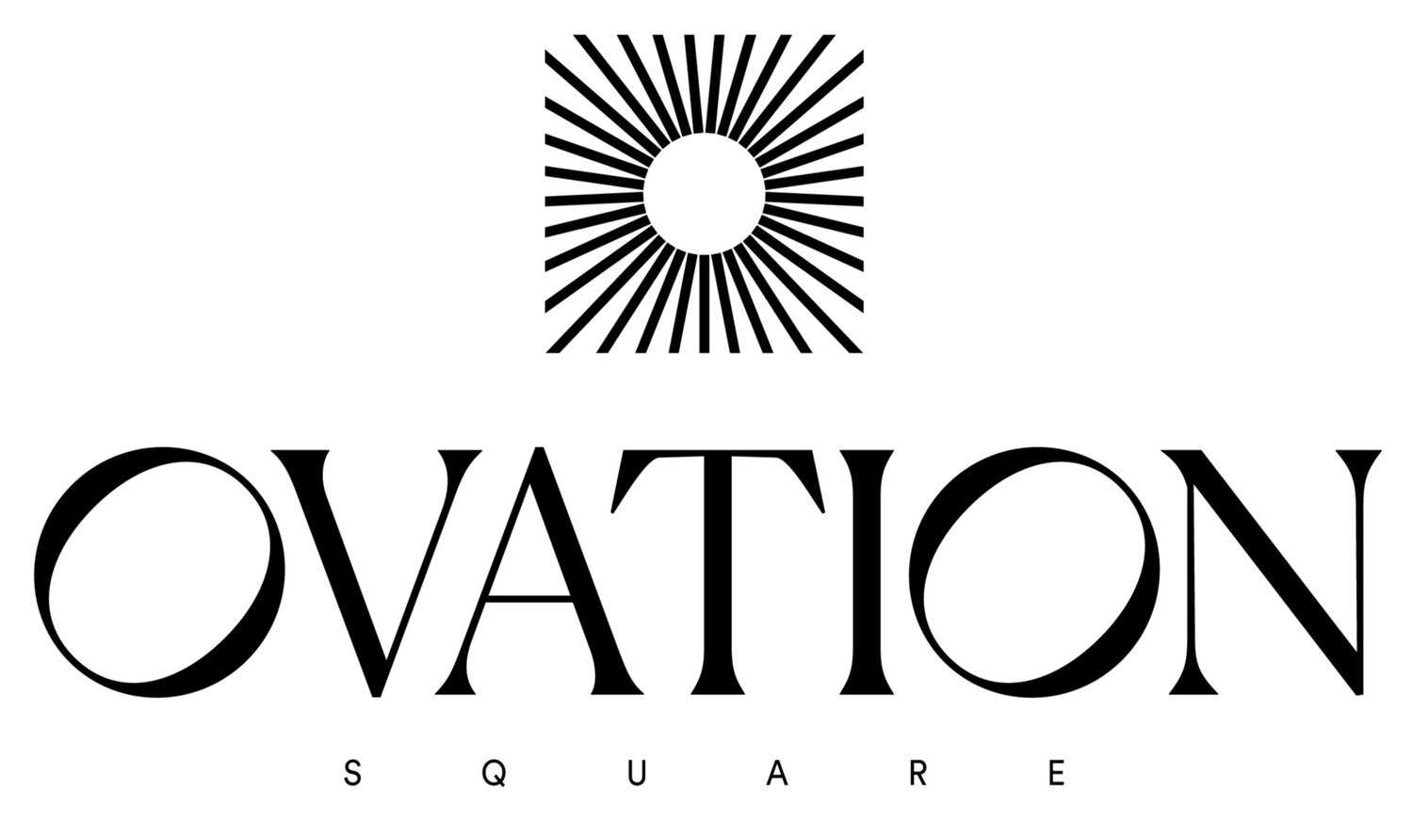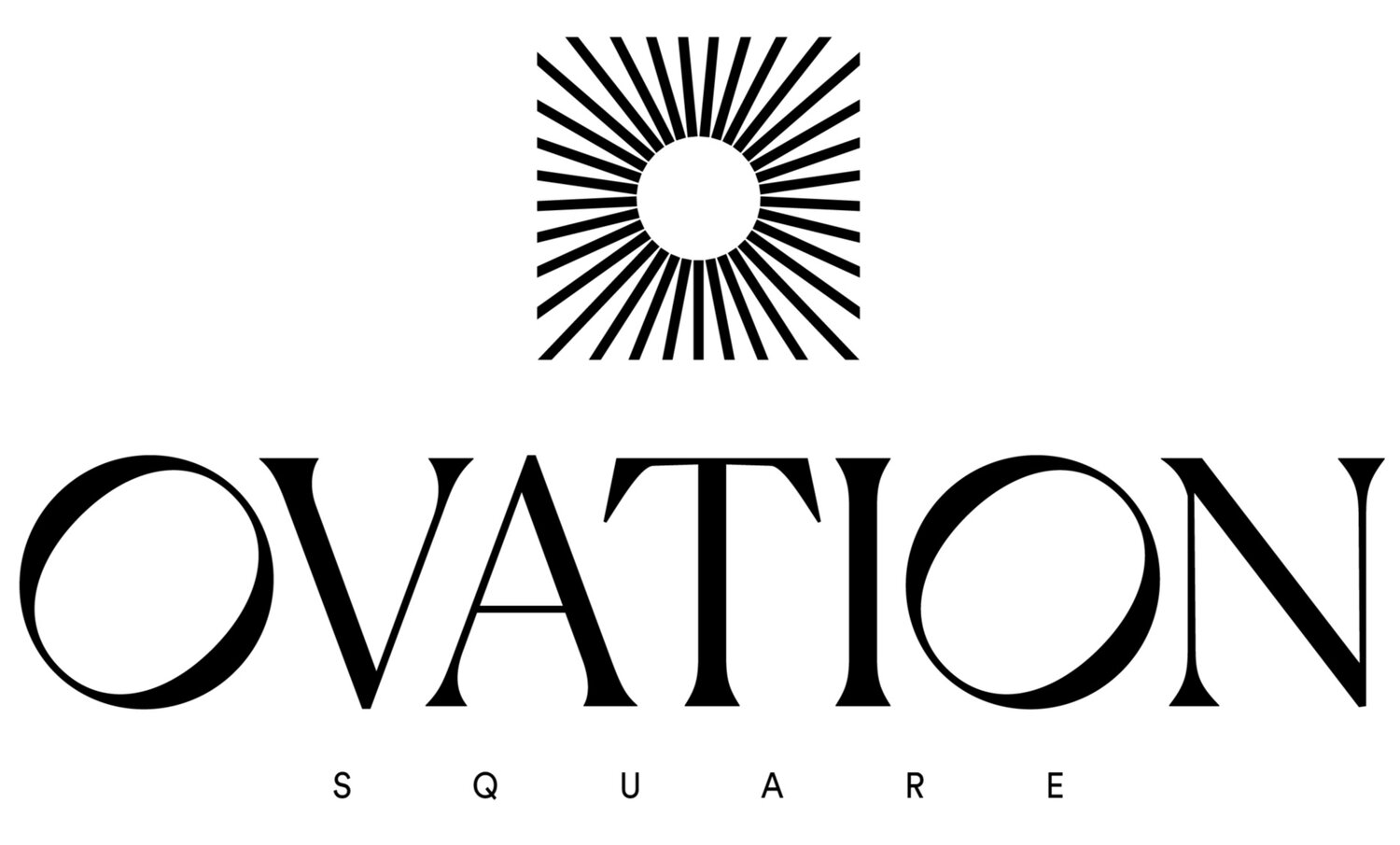How the Venue Promotes Music Diversity in Live Concerts
Every time music is being played at futuristic glitz and glamor downtown partying venues or simple corporate event spaces on rent, the feel of the music differs. However, there is one aspect able to distinguish some of these locations; the attempts to support representatives of various genres. This is why you should host your event at Ovation Square. Not only will they work with you to accurately represent the genre, they offer a variety of amenities to make the event seamless.
What Music Genres are Featured in Concerts at the Venue?
Los Angeles, a city that is in the crossroads of the global dynamics concerning culture, has taken the same coloration in the art that it harbors, and the live – music scene has been inclusive of indie rock, jazz, hip-hop Latin beats, and electronic music. Through this way, it is possible to retain the interested audiences and communities by proposing a great number of choices in genres.
It emerged that in many of the downtown party venues the type of the concerts that are held are as diverse as the city’s population. These venues realize that if there’s genre diversification, people will come out and make live concerts an exciting affair. Furthermore, the inclusion of generics that permit the variety of the event adds to the attractions to its corporate event space rental clients by enabling them to showcase their brand in tune with music preferences that appeal to its users.
How Does the Venue Support Artists from Diverse Backgrounds?
Another huge factor that sets apart a great live music venue is the ability to promote artists regardless of the color of their skin. There are artists of different ethnicities and experiences living in Los Angeles and equal opportunity venues are very important in exposing these artists. Ovation Square’s goal is to help host a memorable concert at a venue that is accessible to a large crowd.
These venues have an added advantage of fostering the concept of equality in which they afford the talent within the place, upcoming independent talents and artists as well as great international artists who may not easily get other opportunities within mainstream music markets. When artists are given this type of platform to thrive, the venue involved plays a pivotal role in changing the music culture.
What Partnerships Exist with Multicultural Music Organizations?
Many venues seek to diversify the kind of music they present by partnering with multicultural music associations. Venues usually work with organizations that are associated with various ethnic and even musical characteristics. With their flexible layout and look, Ovation Square can be tailored to match the characteristics of the music’s genre.
For instance, live music venues in LA could sponsor and co-operate with Latinx cultural institutions to get Latin music nights, or connect with African American music organizations in order to promote jazz or blues. These partnerships not only add cultural value to the venues the program brings but also guarantees that they have the right cultural relevance.
How are Audience Preferences Considered When Planning Concert Programs?
It is critical for advocates of diversity to establish what kinds of music the audience listens to. This is now having a dramatic effect on the live music experience especially in a city such as Los Angeles which is so diverse in its population. It requires these venues to play diverse cultures and tastes.
Thus, getting more insight about what audiences would like to see is common, with a number of venues basing it on data in ticket sales, social media interactions and follow up surveys. It is therefore possible that by virtue of awareness of the tastes of their clientele in the concerts, the concert-going venues are in a position to organize concerts that not only have the diversification factor, but also one that reflects the desires of the specific community. This approach makes the audience feel engaged with the venue’s music and come back to the next event.
Frequently Asked Questions
Q1. Which music genres have you identified in concerts at the venue?
A. Night clubs are famous to have different types of music that will echo on the market to meet the demands of the market. They include indie rock, jazz music, hip hop, Latin and electronic music. In so doing, venues in such cities as Los Angeles guarantee that there is something for everybody hence being able to appeal to everybody with a passion for music.
Q2. How does the venue amend for and nurture artists with different backgrounds?
A. Venues help new artists by offering them platforms for performances for local, new or different artists from other states/ countries. The aesthetic of providing for a diverse pool of performers is upheld so that any available showroom allows for performers of different color, culture and background.
Q3. What existing relationships and collaborations are there with multicultural music organizations?
A. Most live music businesses engage multicultural music associations to widen their medium selection. Such partnerships may include affiliation with Latinx, African-American and other cultural bodies that enables the venue to host perhaps themed events or festivals that provide a cross section of musical forms and other definite global influences.
Q4. How does the population favor balance when scheduling concert programs?
A. Catering to patron preference is another way that can be deployed, and this is usually based on factors such as ticket sales and social media response and feedback. Some of these places accommodate a meeting point or a focus group where concert fans can directly express their interests, assuring that the concert programs are in line with the population’s demands of the place.
Q5. What is the importance of music diversification for live music venues?
A. Live music venues should ensure music diversity because it enables them to attract a more diverse population. It brings togetherness as most members cross cultural fronts and interests in different styles of music. Such a policy also benefits the venue in attracting a more diversified population and in cultivating good relationships with various artists.


